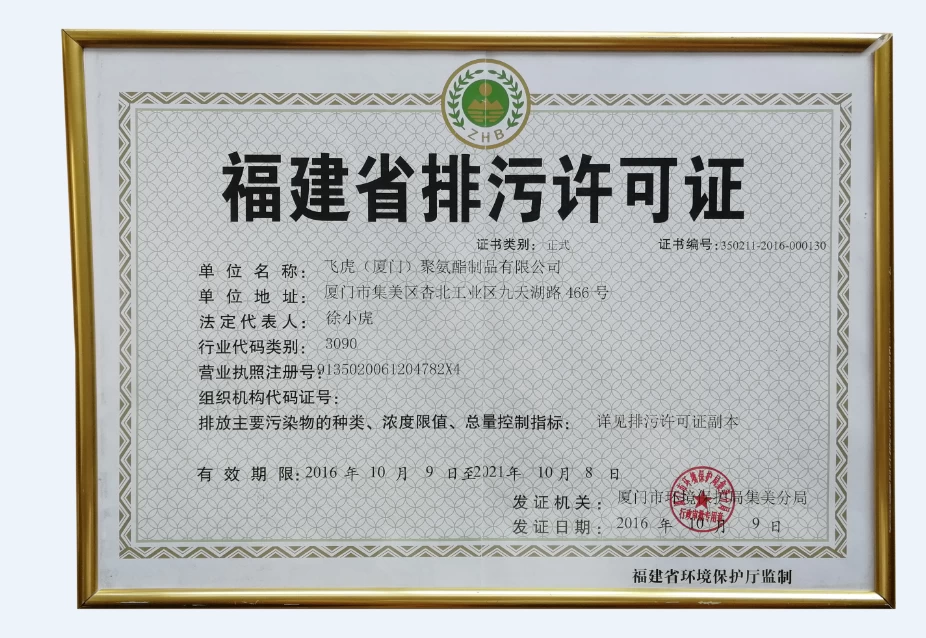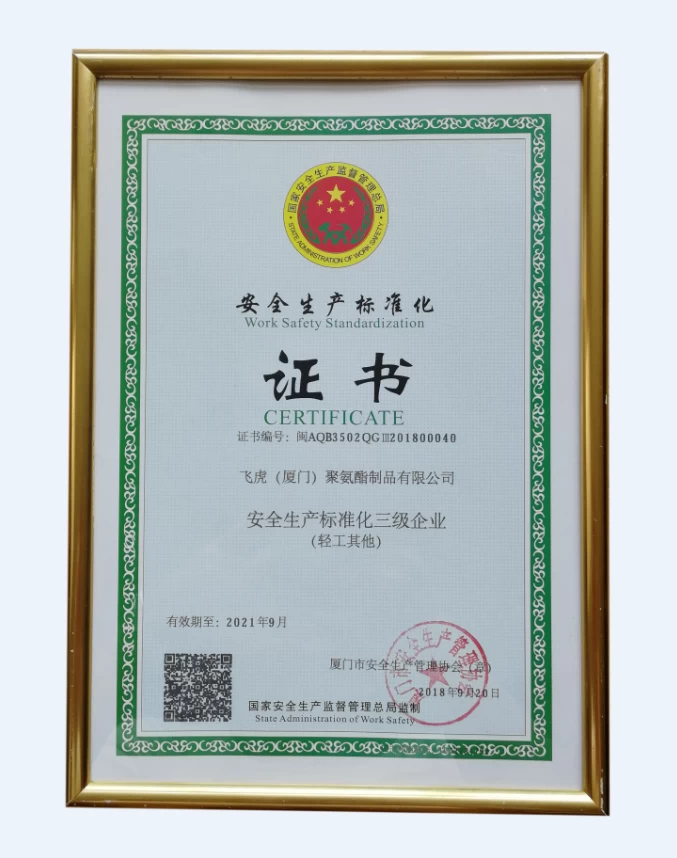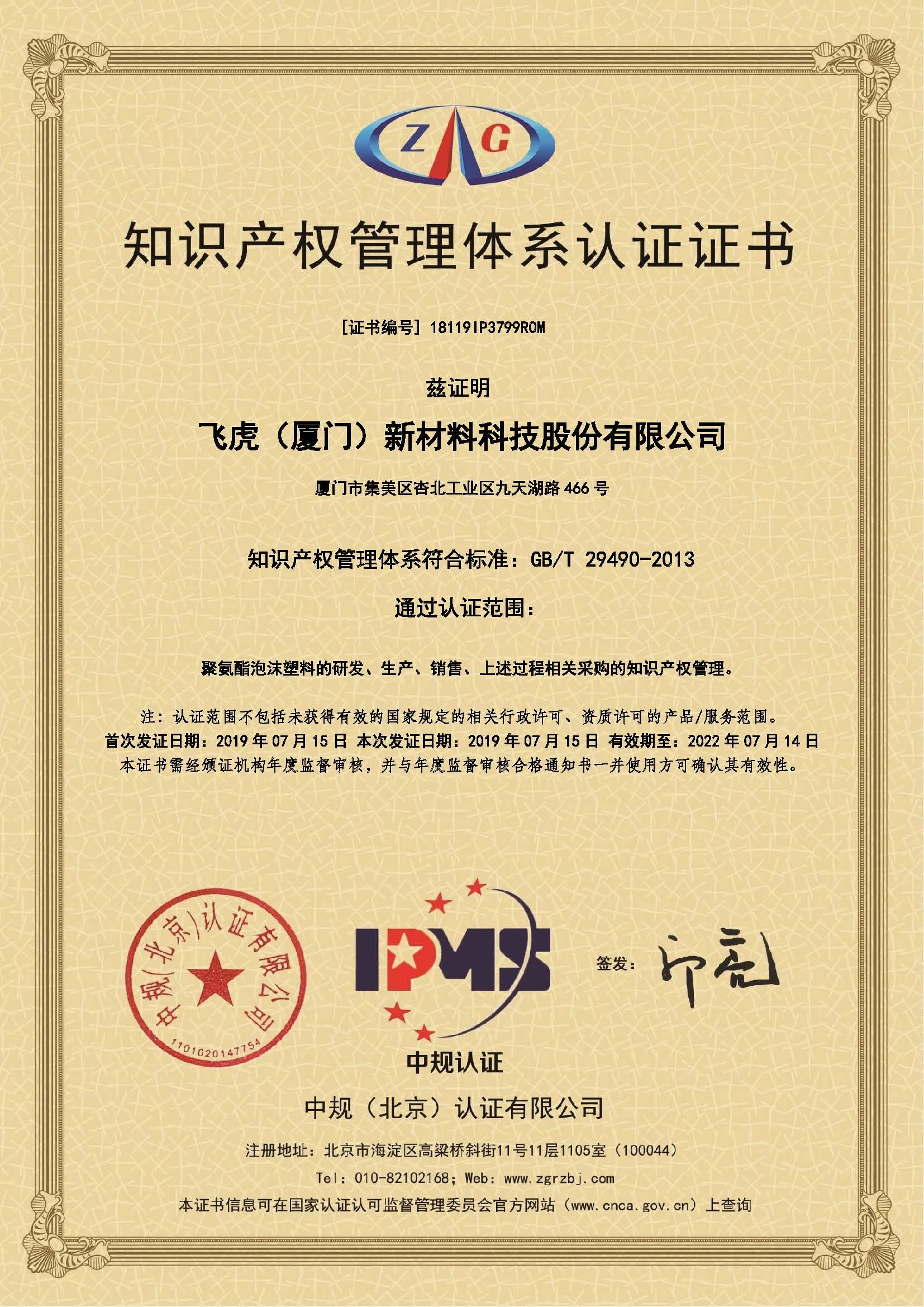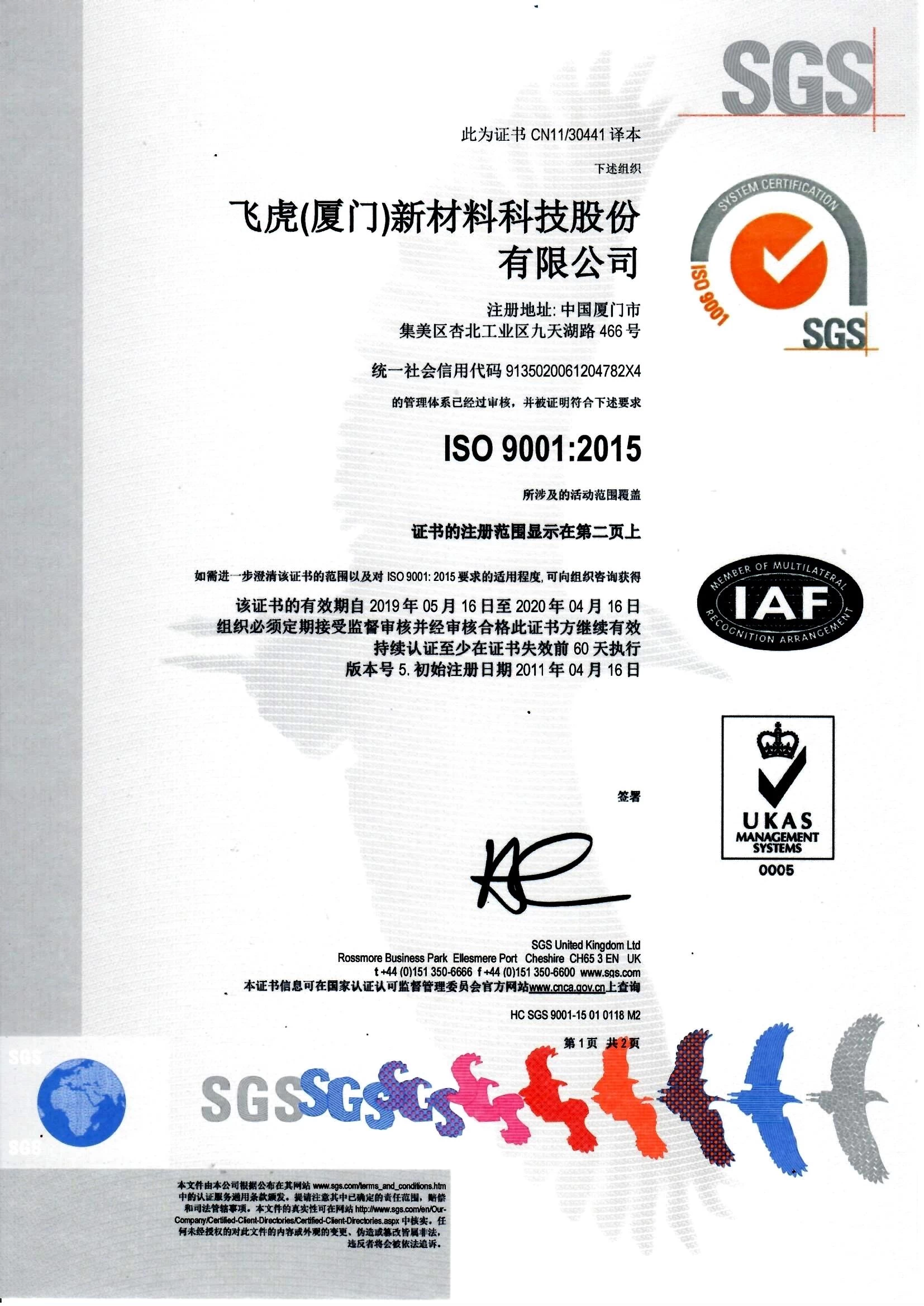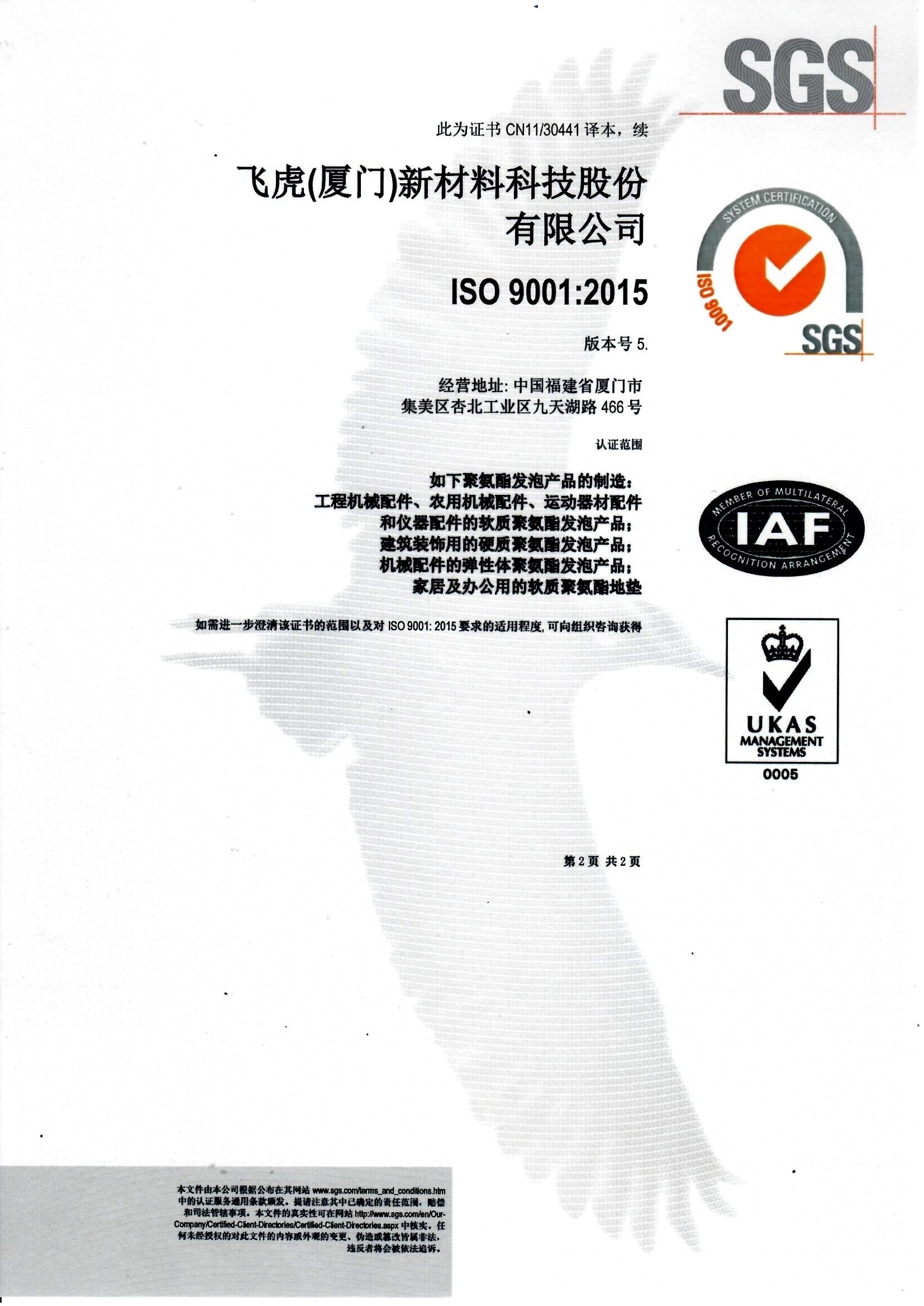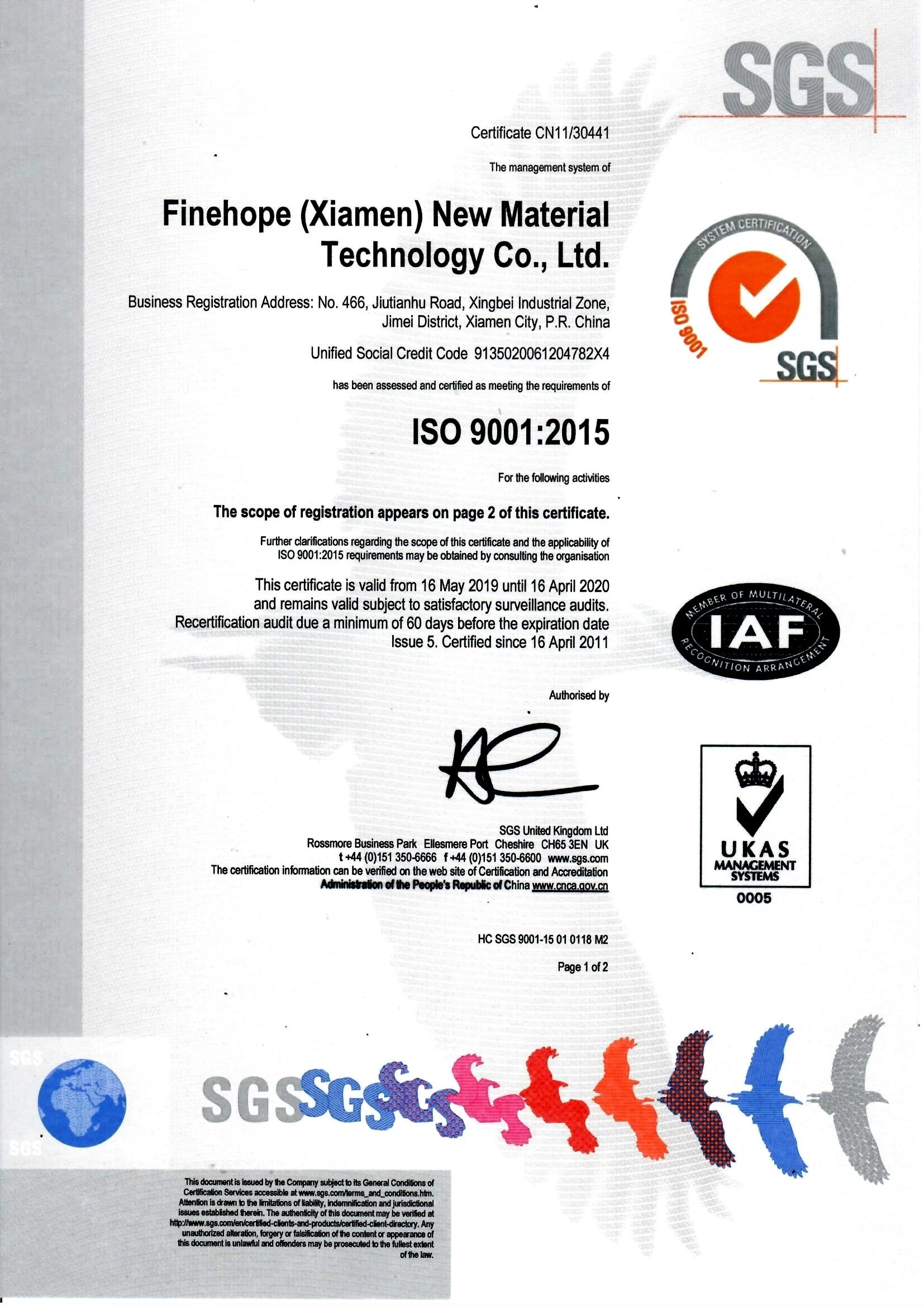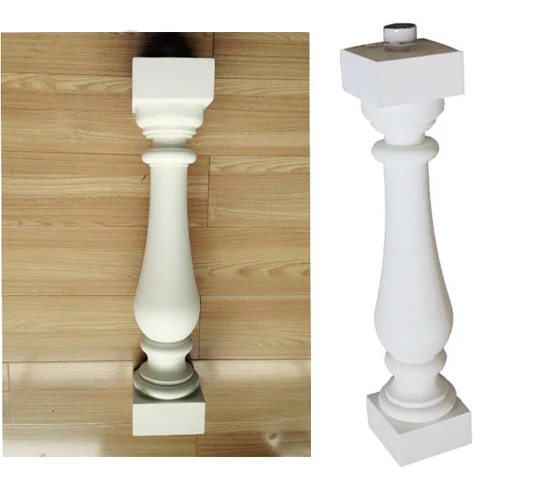Little New year and 1st day of lunar year till fifteenth has spcial celebration
Max Lin
2017-02-15 11:50:57
Traditionally, Spring Festival starts in the early days of the 12th month of the lunar calendar and lasts until the middle of the 1st lunar month of the following year. With the modernization of China, some traditional customs are still followed today, but others have fallen by the wayside.
As we are preparing for the most important festival, let's have a review of the traditional customs that celebrate the Spring Festival.
Little New Year, which falls the 23rd day of the 12th month in the Lunar calendar, is also known as the Festival of the Kitchen God, the deity who oversees the moral character of each household.
People make sacrifices to the Kitchen Gold on this day. A paper image is burnt dispatching the god's spirit to Heaven to report on the family's conduct over the past year. The Kitchen God is then welcomed back by pasting a new paper image of him beside the stove.
Families undertake thorough house cleaning on the 24th day of the 12th month in the Lunar calendar, sweeping out the old in preparation for the coming year.
According to tradition, ghosts and deities must choose either to return to Heaven or to stay on Earth during the last month of the year. It is believed that to ensure the ghosts and deities' timely departure, people must thoroughly clean both their bodies and their dwellings, down to every last drawer and cupboard.
People turn the mill and make tofu on the 25th day of the 12th month in the Lunar calendar, as legend says the Jade Emperor will descend and taste the soybean curd residue to experience an austere life.
According to Taoist mythology, the Jade Emperor is the Taoist ruler of Heaven and all realms of existence below, including that of Man and Hell. He is one of the most important gods of the Chinese traditional religious pantheon.
The folk saying goes: "butcher a pig and get some meat to prepare for the New Year feast" on the 26th day of the 12th month in the Lunar calendar.
In the old days, many people could not afford meat and they saved the best for the New Year feast. People's livelihoods have improved greatly and meat is now a very common dish in daily diet, but the Chinese still prefer having meat during festival season.
People kill chickens and go to market to buy provisions for the Spring Festival on the 27th day of the 12th month in the Lunar Calendar. With the approach of the Lunar New Year, Chinese people prepare ingredients and food they need for the New Year feast. Chicken is an indispensible dish.
After people have cleaned the house and started preparing food, they begin decorating their homes creating an atmosphere of rejoicing and festivity on the 28th day of the 12th month in the Lunar Calendar. Decorations include spring couplets, New Year pictures, posters of door gods and paper-cuts.
On the 29th day of the 12th lunar month people visit the graves of their ancestors to honor their memory. It is said Spring Festival originated in the Shang Dynasty (c. 1600 BC-c. 1100 BC) from the people's sacrifice to gods and ancestors at the end of an old year and the start of a new one.
Chinese people are supposed to stay up the whole night on the 30th day of the 12th month in the Lunar Calendar
In Chinese mythology, a monster called nian would come out to harm people on New Year's Eve, so people get together, staying up and chatting, hoping for a peaceful passage of time. The custom of staying up (Chinese: shou tai sui) symbolizes the warding off of all diseases and disasters and wishing good luck in the New Year.
Chinese people attach great importance to the Spring Festival Eve, when all family members eat dinner together.
The first day of Chinese New Year, also known as the "day of chicken", officially begins at midnight.
It is traditional to light firecrackers and make as much of a din as possible to chase off the evil monster nian.
Most importantly the oldest and most senior members are visited with the visits strengthening family kinship.
Senior members of the family hand out red envelopes containing cash (Chinese: ya sui qian), a form of blessing and to suppress aging and the challenges of the coming year, to junior members of the family, mostly children and teenagers.
On the second day, married daughters usually go back to their own family to visit parents, relatives and close friends. Traditionally, married daughters didn't have the opportunity to visit their birth families frequently.
Some believe the second day is also the birthday of all dogs and remember them with special treats.
Related news:
- Polyurethane best anti fatigue floor mats antifatigue kitchen mats, anti slip stair mats anti slip mats for stairs, anti slip mat for kitchen
- Polyurethane no slip bath mat non skid mat floor foam mats cushioned kitchen mats cushion mat
- wrought iron balcony balustrade.exterior balustrades.terrace balustrade.iron balustrade
- balustrades for sale.balustrade outdoor.stainless steel balustrade.decorative balustrade
- baluster mold,stair baluster,railing baluster,balcony baluster




